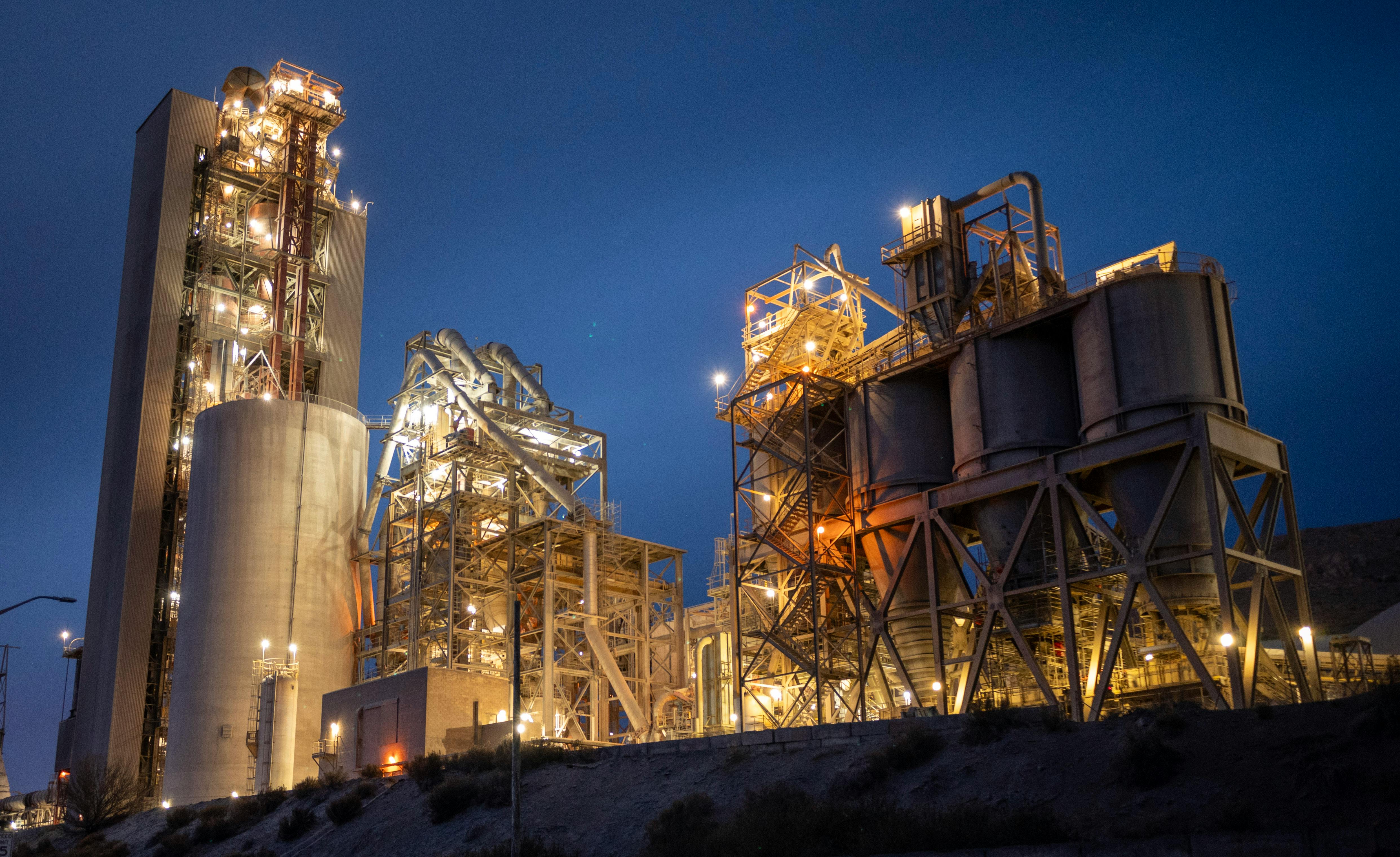Norgips, a Norwegian producer and supplier of gypsum boards across Norway and Europe, aimed to enhance its production processes by utilizing sensor data collected from its factory. The primary challenge was to transform this vast stream of data into actionable insights to reduce costs and improve product quality.
Approach
To meet this challenge, we designed and implemented an analytics pipeline that consolidated and processed sensor data into actionable insights. This involved orchestrating machine learning models in both production and development environments to analyze patterns and predict quality metrics. Additionally, we created dashboards to help operators with real-time insights into production performance.
We adopted a dual-model approach: one model predicted the quality measurement, enabling continuous monitoring, while another model aimed to adjust a critical factory parameter to stabilize the product quality. Although the second model requires further refinement to achieve optimal performance, it lays the groundwork for more stable production processes.
Impact
The project provided operational insights into previously unexplored areas of the factory line. Additionaly, we revealed that product quality was more variable than anticipated. This variability had significant implications for machine tuning, which could lead to more stable production and reduced costs. The dashboards delivered included continuous predictions of quality metrics, allowing operators to monitor real-time changes rather than relying on sparse quality samples. The project ended before full-scale implementation. However, further work based on these results could help Norgips achieve more stable product quality and significant cost savings by minimizing the need for downstream corrections in the factory pipeline.
